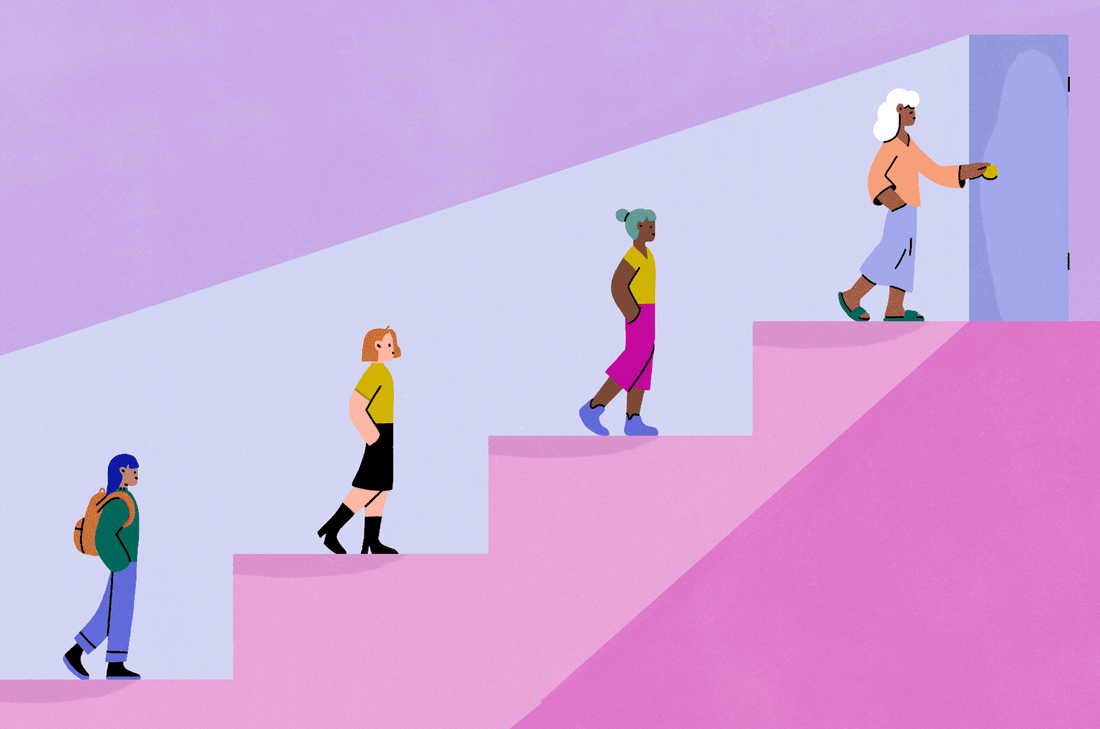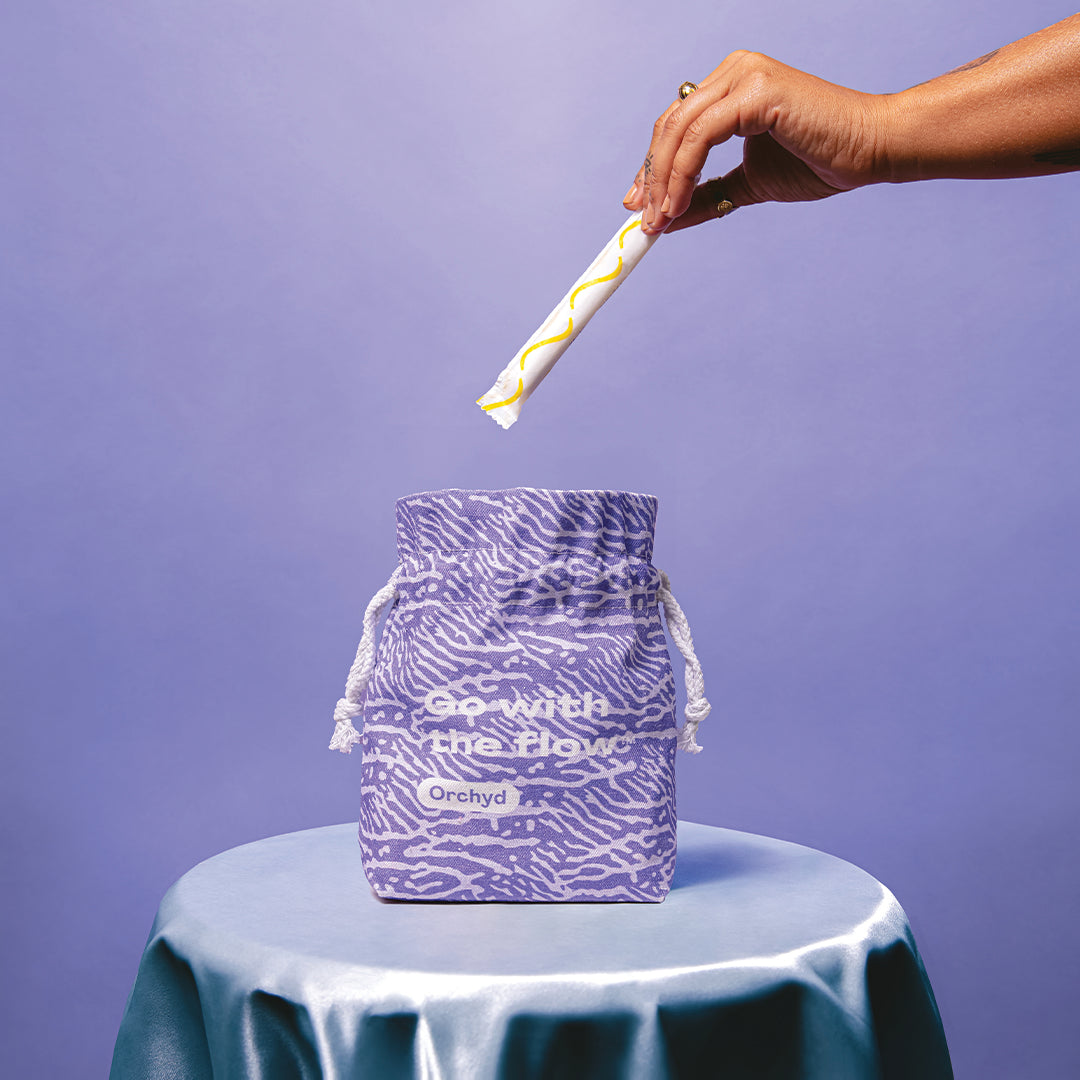
How Does PMS Change as You Age?
Share
As we age, so much changes in our bodies that it is hard to keep up with it all. We hope that maybe the different things we face will get easier as we grow older, and sometimes they do. Is PMS one of those things that will improve or get easier over time?
This inspires a bigger question: How does PMS change as our bodies age? It’s a curious thing to think that, as we age, our cycles also change, perhaps for the better. They can be drastically different from the time we start our period for the first time to when we hit menopause.
So, how exactly can PMS change over time as we age? Let’s break it down by stages.
Pre-Teen and Teen Years
During the early years of your cycle, you’ll notice that PMS and your cycle will be pretty inconsistent. Your hormones are going through a lot when you get your first period, and in the years following. They are trying to work through puberty and, as a result, your PMS may be hard to track during that time.
Without really knowing exactly when your period might be coming, you may only be able to tell by the signals your PMS gives you, like bloating, irritability, and lethargy. Because your hormones haven’t settled out, they’ll be more likely to be irregular and you might have symptoms like acne and cravings. It can be hard to track your period during this time, but if you try and monitor it a little bit you may be able to be better prepared.
Some recommended things to help with your PMS during this time is to just try and have a balanced diet, keep track of your cycle, and reduce your stress if you can because stress and a bad diet can add to irregularity.
Twenties
Even though when you hit your twenties your cycle can begin to regulate, your PMS symptoms may still be bad because of your lifestyle. With so much going on in your early twenties, you may not have the best habits, so your PMS symptoms may get worse. You may find you have more acne, irritability, and lethargy as your schedule can be hectic.
It is around this time many people decide to try out birth control, as it can help relieve some of the symptoms and regulate things a little better. The pill can be a great way to make your PMS easier to manage while you’re trying to manage your busy life.
Thirties
While your cycle may have fully regulated by this point, you may find some other issues cropping up during your thirties. Your PMS can be regulated due to birth control. However, if you have children, you might find it gets a little bit worse after you go off of it before and during pregnancy.
It is important to monitor your PMS symptoms during your thirties because that’s when you’re more likely to find things like fibroids, or even endometriosis. If you’re feeling anything abnormal during PMS, you really should consult your doctor to make sure it isn’t something more severe.
Forties
During this time is when your PMS symptoms start to ramp up badly. Your body is preparing to head into menopause which means that you might start to get irregular cycles. With all the fluctuation your hormones are going through, you are likely to get more symptoms as well.
These symptoms can be things like more intense bloating, weight gain, a heavier flow, and mood swings. If you’re starting to notice some issues with your PMS that are irregular, you will want to talk to your doctor to ensure that you can get things under control as much as you can. If you aren’t sure if it is just irregularity or if you have hit menopause, it is important to keep an eye on it.
Your symptoms might just fool you accidentally.
To Wrap Up
PMS is something that can be a drag, but it is incredibly natural. If any of your symptoms seem at all abnormal, you should talk to your doctor. Above all, it is important to remember that no matter what, your period is not something to be ashamed of.

